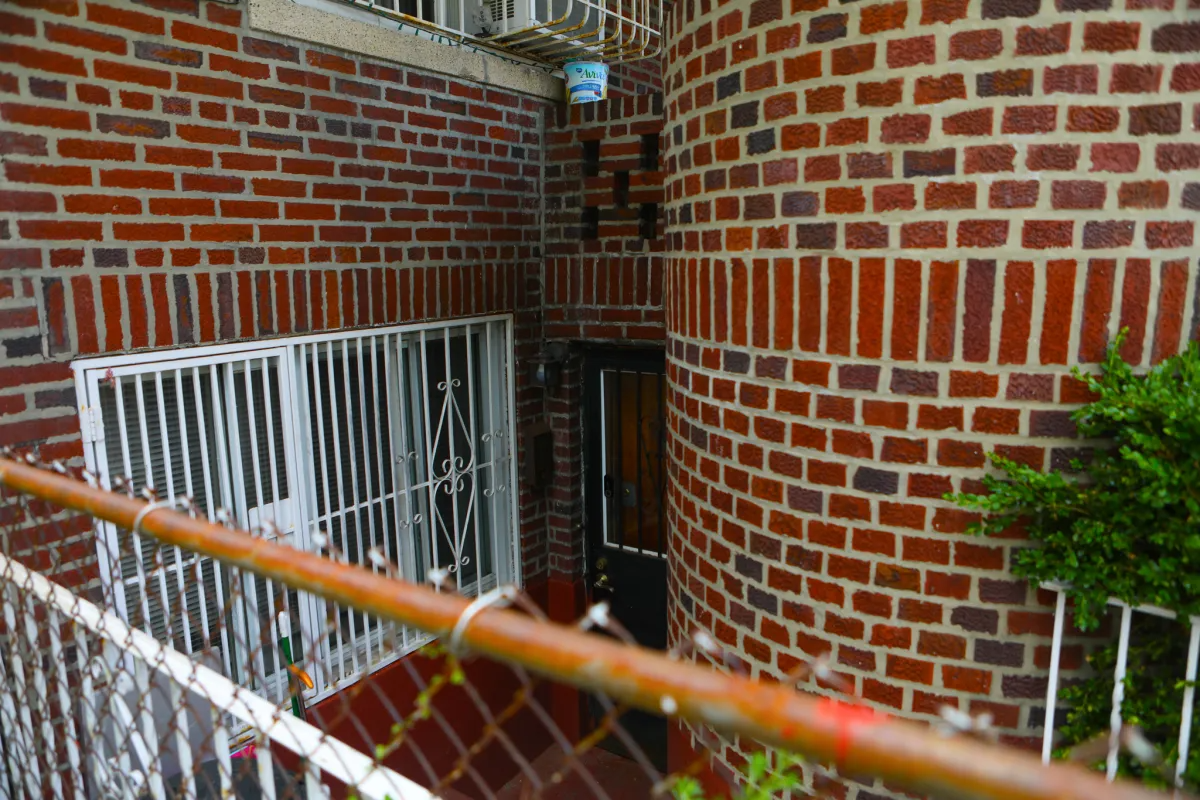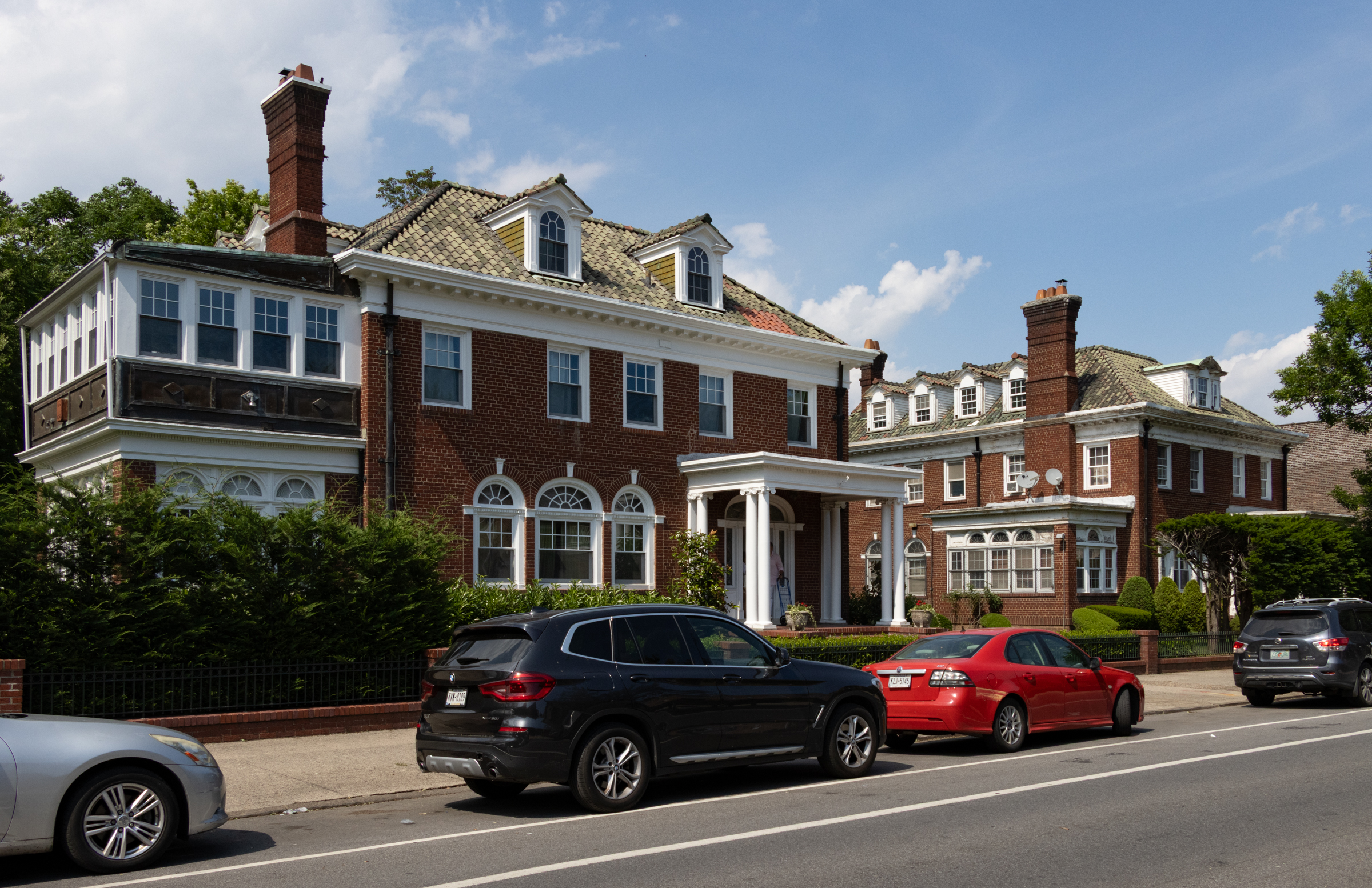State Approves Tax Credits for Preservation
Sometime after midnight on Thursday, before heading off on summer recess, both houses of the New York State Legislature passed a measure (A.11987/S.8392) providing a State Income Tax credit for the rehabilitation costs of historic commercial and residential structures. Governor Pataki, who has supported this initiative in the past, is anticipated to sign this bill…


Sometime after midnight on Thursday, before heading off on summer recess, both houses of the New York State Legislature passed a measure (A.11987/S.8392) providing a State Income Tax credit for the rehabilitation costs of historic commercial and residential structures. Governor Pataki, who has supported this initiative in the past, is anticipated to sign this bill into law within the next 45 days. Under this new legislation, approximately 11,000 State and National Register-listed, owner-occupied residential structures in distressed areas would be eligible for a New York State Income Tax Credit covering 20% of exterior rehabilitation costs, up to a credit value of $25,000. National Register-listed or -eligible commercial properties that qualify for the Federal Rehabilitation Tax Credit would also qualify for a New York State Income Tax Credit covering 30% of rehabilitation costs, up to a credit value of $100,000.
Preservation Tax Credits Approved [Preservation League]
Photo of the Reverend J. Edward Nash House, Buffalo, NY.





It’s hard to say. Any house in a NYC historic district is also on the National Register but there are also a few National Register districts that are NOT NYC historic districts (like part of Prospect Heights). But it’s not clear what is meant by “distressed areas”. This is potentially a great boon to preservation but I wonder if it might benefit the rest of the state more than NYC.
Of course, there’s always been the 20% rehabilitation tax credit from the Feds but it has to be a commercial property (though just having one rental unit qualifies as “commercial”). The biggest issue is that you have to plan your renovations through the SHPO, and their cost has to equal the value of the property (usually a lot less than what you paid for it though, if newly purchased).
Of course, there are plenty of other grants, loans, and credits out there available for preservation if people are willing to sacrifice a little of the decision making (i.e. let the SHPO guide you). But think of all the headaches that would likely be averted with the LPC if your project was SHPO approved.
Probably about 2. And yours wouldn’t be one of them.
Sounds like more for the poor souls upstate.
How many houses in Brooklyn would this cover?